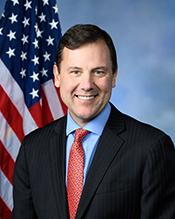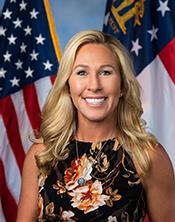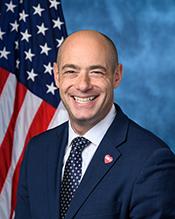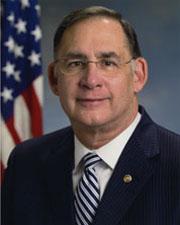H.R. 3851: SBIR/STTR Pilot Extension Act
This bill, known as the SBIR/STTR Pilot Extension Act, proposes amendments to the Small Business Act to extend and expand certain Small Business Innovation Research (SBIR) and Small Business Technology Transfer (STTR) programs. Here are the main components of the bill:
1. Extension of Direct to Phase II Authority
The bill extends the timeframe for which federal agencies can provide direct Phase II awards under the SBIR program until the end of fiscal year 2030. This means that more small businesses can receive funding at this advanced stage of development without needing to go through an earlier Phase I evaluation. Furthermore, it broadens the authority for any federal agency running an SBIR program to participate in making these Phase II awards, instead of being limited to specific agencies like the National Institutes of Health, Department of Defense, and Department of Education.
2. Limitations on Awards
The bill sets a cap on the total value of Phase II awards a federal agency can provide in a fiscal year:
- Typically, no more than 10% of the total funds allocated to the agency’s SBIR program in that year.
- For the National Institutes of Health, this cap is slightly higher at 15%.
3. Reporting Requirements
Federal agencies that make Phase II awards under the new provisions are required to report on the number and amount of awards awarded during the reporting period. This requirement aims to increase transparency and oversight of the funding process.
4. Extension of Commercialization Readiness Program
The bill extends the Commercialization Readiness Program for civilian agencies, allowing it to run through fiscal year 2030. The program supports small businesses in preparing their innovations for the market, helping them transition from research and development to actual commercialization.
5. Extension of Certain Pilot Programs
The bill extends various pilot programs aimed at assisting small businesses, including:
- The Phase 0 proof of concept partnership program is extended to September 30, 2030.
- Commercialization assistance pilot programs are also extended to September 30, 2030.
6. Terminology Updates
Throughout the bill, references to “pilot programs” are updated to “covered programs” to reflect that these programs are intended to be ongoing rather than temporary. This change shows the intention to make these programs more durable and valuable for small businesses accessing federal resources.
Relevant Companies
- BA - The Boeing Company may see impacts due to potential collaboration in defense-related technologies with small businesses that benefit from the expanded funding provisions.
- CSCO - Cisco Systems could be influenced by innovations coming from small tech firms receiving SBIR funding for developing new networking technologies.
- DHR - Danaher Corporation might engage with startups focusing on life sciences and healthcare technologies benefiting from NIH funding increases.
- MDT - Medtronic could potentially partner with small enterprises on medical devices that receive Phase II funding.
This is an AI-generated summary of the bill text. There may be mistakes.
Sponsors
1 sponsor
Actions
2 actions
| Date | Action |
|---|---|
| Jun. 09, 2025 | Introduced in House |
| Jun. 09, 2025 | Referred to the Committee on Small Business, and in addition to the Committee on Science, Space, and Technology, for a period to be subsequently determined by the Speaker, in each case for consideration of such provisions as fall within the jurisdiction of the committee concerned. |
Corporate Lobbying
0 companies lobbying
None found.
* Note that there can be significant delays in lobbying disclosures, and our data may be incomplete.








































